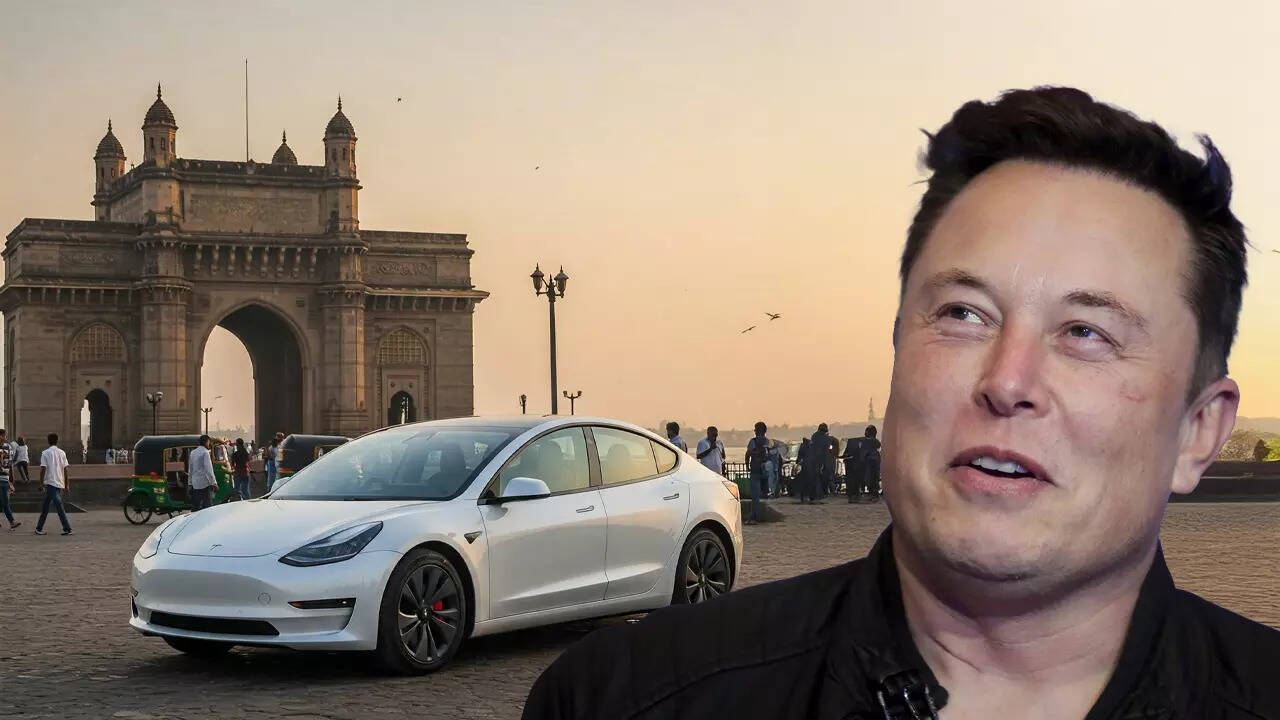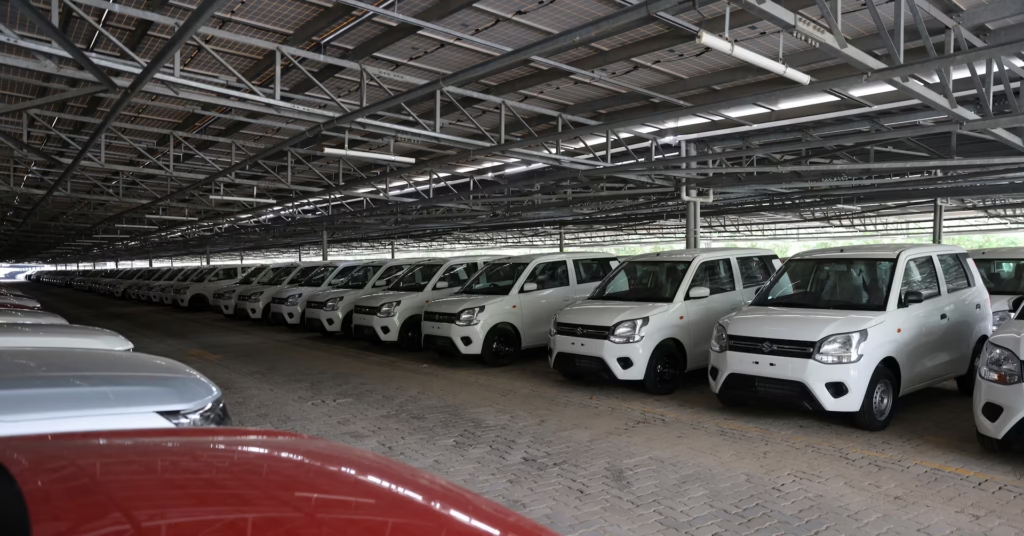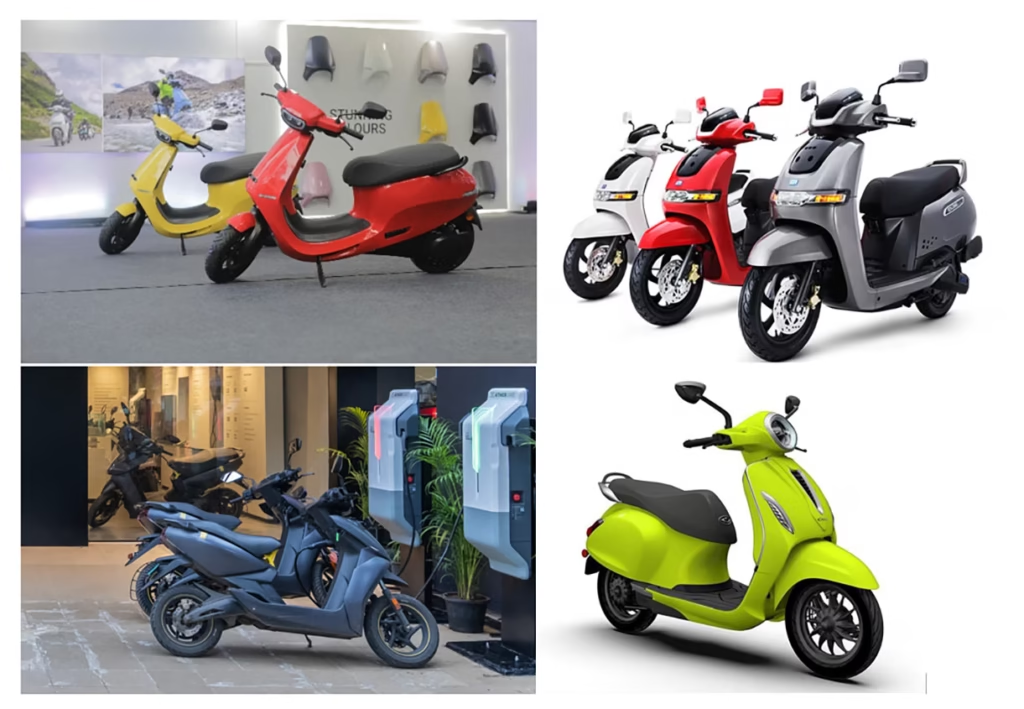Now Reading: Elon Musk Eyes ‘Made for India’ Teslas: What It Means for Indian Buyers and the EV Market
-
01
Elon Musk Eyes ‘Made for India’ Teslas: What It Means for Indian Buyers and the EV Market
Elon Musk Eyes ‘Made for India’ Teslas: What It Means for Indian Buyers and the EV Market

Tesla’s entry into India seems closer than ever, with Elon Musk hinting at a dedicated manufacturing setup aimed at producing electric vehicles specifically for Indian roads and price sensitivity. The move could signal a major shift in the country’s EV ecosystem—one that goes beyond luxury and leans into accessibility and localisation.
Tesla’s Strategy: Not Just Global, but Local
Reports suggest that Tesla isn’t just planning to import its global models but to design and build a car that fits Indian market conditions. That includes a more affordable price range, suitable ground clearance, and compatibility with Indian infrastructure.
The idea is to move past the “premium-only” tag and enter the volume game—targeting middle- and upper-middle-class buyers who are already exploring EV options in growing numbers.
Why India Matters to Tesla
India is now one of the world’s fastest-growing auto markets. Cities like Pune, Jaipur, Nagpur, and Surat are seeing a steady rise in electric two-wheelers and compact EV cars. But infrastructure and affordability remain big hurdles.
For Tesla, cracking India means adapting—not just in tech, but in approach. Setting up a manufacturing plant would also give the company a chance to benefit from government incentives under the ‘Make in India’ push.
Challenges Ahead: Price, Service, and Scale
Even with local production, Tesla will need to overcome challenges around pricing, service networks, and charging infrastructure. Unlike Western markets, Indian buyers factor in maintenance, resale, and after-sales support heavily in their purchase decisions.
EV adoption is still largely driven by cost-saving calculations, not just brand value. Tesla’s success will depend on how well it aligns with this mindset.
Competition Already Brewing
Indian EV startups like Tata Motors (with Nexon EV), Mahindra, and new players like Ola Electric are already pushing aggressively in the space. Tesla’s entry will raise the bar—but only if it offers more than just name value.
Tier 2 cities in particular are showing serious interest in clean energy solutions, but they also demand practicality. A flashy brand won’t be enough—it’ll have to be smart, reliable, and road-ready for Indian conditions.
What This Means Going Forward
If Tesla follows through with its ‘Made for India’ plan, it won’t just bring global attention—it could also force other automakers to innovate faster and localise better. For Indian buyers, it may open the door to high-quality EVs that feel both aspirational and within reach.
In the long run, Tesla’s India push could become less about luxury and more about changing how the country moves.

























